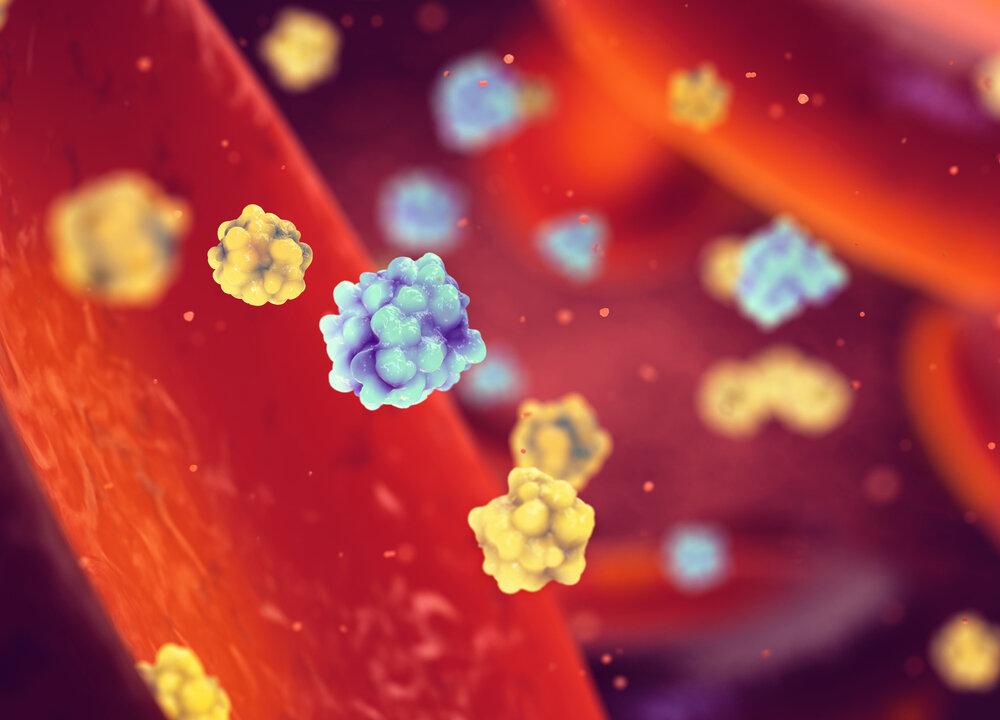Federal Judge Douglas L. Rayes threw out a key provision of Arizona’s abortion ban on Tuesday that would have allowed prosecutors to bring charges against health providers for terminating pregnancies due to a diagnosis of genetic abnormality, except in a medical emergency.
Rayes also granted a partial preliminary injunction against a provision that would have let prosecutors bring charges against anyone who was fundraising or paying for the abortion.




